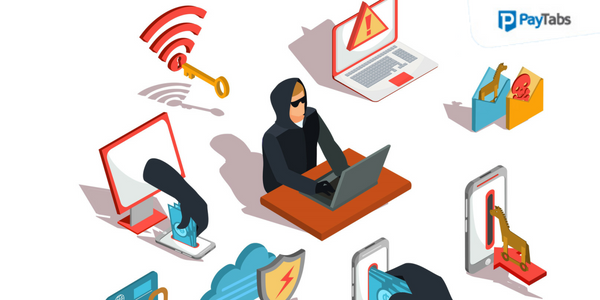5 Marketing Mistakes That Can Impact Your Cash Flow

For any business, cash is the lifeline and therefore, it is important to ensure that the business is fed with a consistent supply of funds and the chances of liquidity crunch are minimized. Cash flow management is essential for the long term survival of a business, as lack of fund at the required time may force an organization to go out of business. Here are some of the common marketing mistakes which can cause a business to struggle with its cash flows. The possible remedies for them are also stated below.
- Failure to Identify Unique Selling Point: A unique selling point or USP not only allows a business to stand apart from the crowd but also forces them to fully comprehend the utility and the benefits of their products and services. This exercise may also allow them to position their product in the market in a better manner. However, failure to identify the USP can jeopardize your products and even your business’s future. If you are using a generic selling point, you are losing out on attracting a loyal customer base and thus hurting your cash flows.
You can fortify your cash flows by undertaking thorough analysis of your product and identifying the unique features associated with it. These unique points may in the form of features, functions or even location of the product.
- Failure to Manage Costs: While the effective marketing of products may require substantial outlay of funds, unwarranted spending is no guarantee of marketing success. It is important that expenses incurred for marketing the products and services are carefully monitored to ensure that overall cash outflow remains on the conservative side. Further, the expenditure on any marketing activity should be justified by the revenue generated by it.
In order to maintain proper cash flow, a business should periodically evaluate its marketing strategies to identify the practices which are not yielding desired returns. Businesses should also note that increase in the number of customers does not automatically translate to higher cash flows as costs associated with such increase may be higher than the marginal revenue generated.
- Failure to Collect Dues: You may employ strong marketing tactics to ramp up your revenue, but all your efforts are in vain if your business is not able to collect these revenues in a timely manner. If your marketing strategies are generating additional sales but the proceeds are not collected, then essentially your resources are tied up in unproductive avenues, soaking away the liquidity from your business. Such hold up of funds points to inefficient cash management practices.
Hence, businesses or firms should strive to collect unpaid dues on a regular basis. However, it should be noted that a proper balance between retaining clients and collection of funds is essential.
- Failure to Vet Clients: Good marketing practices may bring you new customers, but it is essential that you properly vet these clients to ensure that they are of good credit standing. If you are more concerned about quantity than quality, then your marketing strategy might backfire as your business may not be able to extract funds lying with the clients.
In order to ensure that your business remains liquid and viable, you should carefully analyze your potential clients to ensure that your sales actually translate into liquid funds for your business.
- Failure to Provide for Surprises: You may devise the most efficient marketing strategies, but if you do not account for unexpected changes in your internal and external environment, then you run the risk of compromising your cash flows. You should not only account for any possible changes in circumstances within your organization but also for potential changes in factors which are beyond your control. While you may not be in a position to exercise any control over such factors, you can certainly provide the safeguards against their impact on your business.
It is important to be future oriented while designing marketing strategies so that the impact of changes on cash flows can be adequately anticipated.
Profitability and smooth cash flows are the keys to a successful and sustainable business. By paying attention to the above pointers for charting out the future marketing course of action, you can ensure that your business does not suffer from cash crunch and remains well funded.




